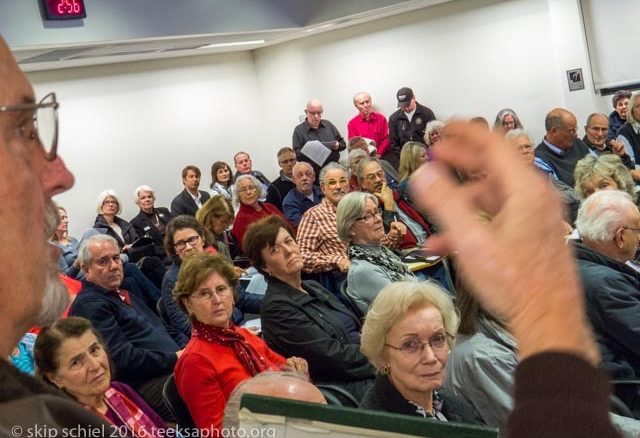When did Farming become Political?
—When industries decided to redefine agriculture for financial reasons! This is happening in many communities. When my husband and I visited his hometown of Plainfield, Illinois, he barely recognized the environment. The once small farm community with its rich topsoiled lands had been sold to developers, and housing tracks stretched as far as the eye could see. Chicago’s suburbs were on the march!
Our version in the Napa Valley is with the wine industry. In the 2010 Winery Definition Act, tasting rooms and event centers with visitation and “food pairings” to all hours of the night have become so-called “accessory uses” of agriculture, and allowed in our Ag Preserve and Ag Watersheds. As the valley floor has become planted out by vineyards, investors look to the hillsides and forests for new land and scenic sights for their vineyards, wineries, and tasting rooms. We are told that the “small wineries” need this arrangement for their direct marketing and financial viability, but these small wineries are increasingly created and owned by wealthy out-of-town and foreign investors who appear to care little about our watersheds and environmental concerns—about farming the land. Like ants farming aphids, they are farming tourists with high priced tickets for their sit down food pairings—basically high-priced, exclusive restaurants in scenic locations. Is this really agriculture?
Enter Napa Valley Vision 2050. A number of citizen groups opposing these kinds of transgression on our lands and on our Planning Commissioners and Board of Supervisors, whose job is to attend all of us— has organized to educate the population about this deadly trend. The drought has helped! If we allow any industry, including the wine industry, to trump environmental concerns, we all will suffer. Our hillsides and forests are key to our watershed health —and water supply. Many of us are attending Board of Supervisor and Planning Commission meetings. Variances and forgivenesses of violations of permits around visitation and gallonage have been made way too often— even forgivenesses of building without permits. This is basically taking the law into one’s own hands.
We know in Biodynamics that what we do on our land impacts the whole. Tourism— out of balance— destroys the integrity of a community. You see this world wide. Locals can no longer afford to buy or rent homes in the communities they grew up in. In the case of the Napa Valley, farming the wealthy tourists is on the backs of low wage workers in hotels, restaurants, wineries, and vineyards who can no longer afford to live here. This contributes to the traffic snarls, but it also changes the community fabric and feeling of stewardship with the land. The land is not something to be in dialogue with: it is a stage for business and “direct marketing”.
Raising the general population’s consciousness on these issues is critically important. This is when farming becomes political. We need to step up to the plate and not allow the environment to be seen as a commodity, there mainly to make a killing profit. To this end, Vision 2050 is offering a day long Economic Forum. Your attendance will demonstrate to the Supervisors and industry representatives that we are all serious about exploring a sustainable future for all Napans as well as the wine/hospitality industry. The forum is being held at the Napa Country Club on Hagen Road and you have the option to attend the presentations only or to stay for lunch as well. Register at www.napavision2050.org
